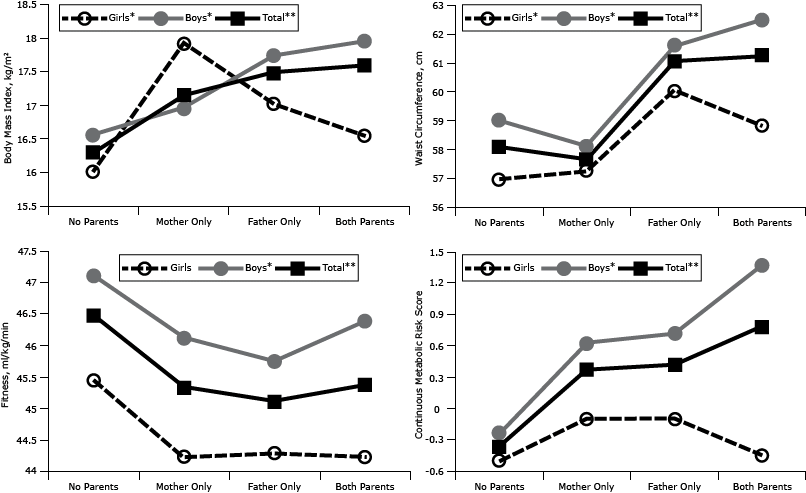
The CoQ Association will be aggressively working on this issue on behalf of its members and the industry, according to the Trust Transparency Council (TTC).
“Tariffs on supplement ingredients in general do not have a positive impact on either the U.S. economy or consumer,” says Scott Steinford, managing partner of the TTC. “Most tariff considerations support the return or protection of U.S. jobs. Neither of those issues can apply to supplements as there is no U.S. industry for most ingredients. Thousands of U.S. citizens are involved with the distribution, product manufacturing and sales of the products supplement ingredients comprise. This tariff action increases the risk of jobs lost, and it’s unlikely U.S. jobs will be gained. Additionally, the real impact of an import tariff on any product is a rising consumer cost. In the case of CoQ10, the supplement most recommended by cardiologists, the increased cost will potentially impact the lives of people who depend on the ingredient regardless of the country of origin.”
Jim Emme, CEO of NOW Health Group, a Bloomingdale, Illinois-based provider of natural foods and products, which is celebrating its 50th year in business, agrees that the proposed tariff will end up increasing prices for consumers. “The sales of our CoQ10 products is about 2% of the items in our catalog. The primary wholesale purchasers of the CoQ10 items are evenly split between brick and mortar and web retailers.
“Although the tariffs won’t take effect for a few weeks, we do anticipate that we will need to increase the wholesale prices of some of our CoQ10 items as a result of the tariffs,” Emme continued. “We will make a reasonable effort to absorb some portion of the tariffs, but likely not all of the increase. The rest will be passed on to our wholesale customers, who will likely increase prices to the consumers who buy CoQ10 items.”
Emme added: “Our view is that tariffs are not an effective long term way to address trade issues, nor are they helpful to the U.S. economy. Consumers almost always bear the burden of these types of trade actions.”
In related news, the Texas-based Kaneka Corporation reached a patent litigation settlement with Chinese CoQ10 company Shenzhou Biology and Technology Co., Ltd. back in December.
According to a press release, the parties agreed to establish comprehensive arrangements for future business. The two parties have agreed that Kaneka will distribute Shenzhou’s Q10 product in North America as one of its channels and that Shenzhou will distribute Kaneka’s Ubiquinol product in China.
[“Source-wholefoodsmagazine”]

















